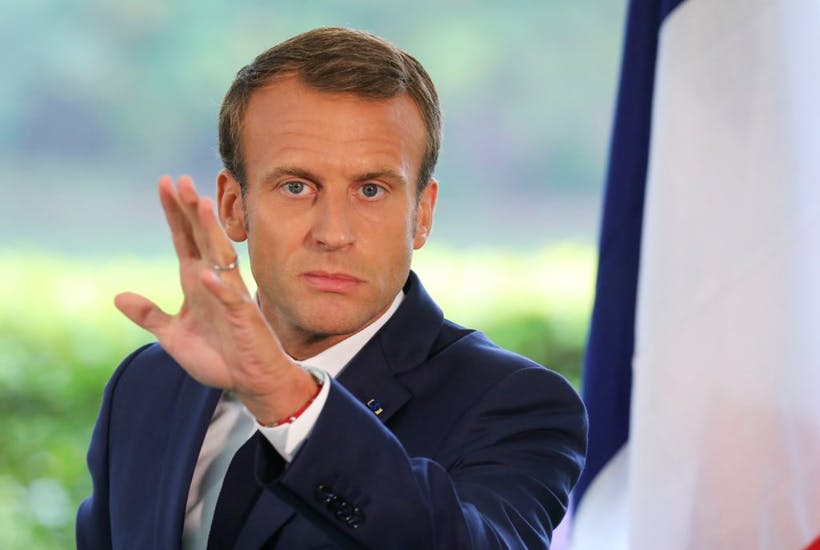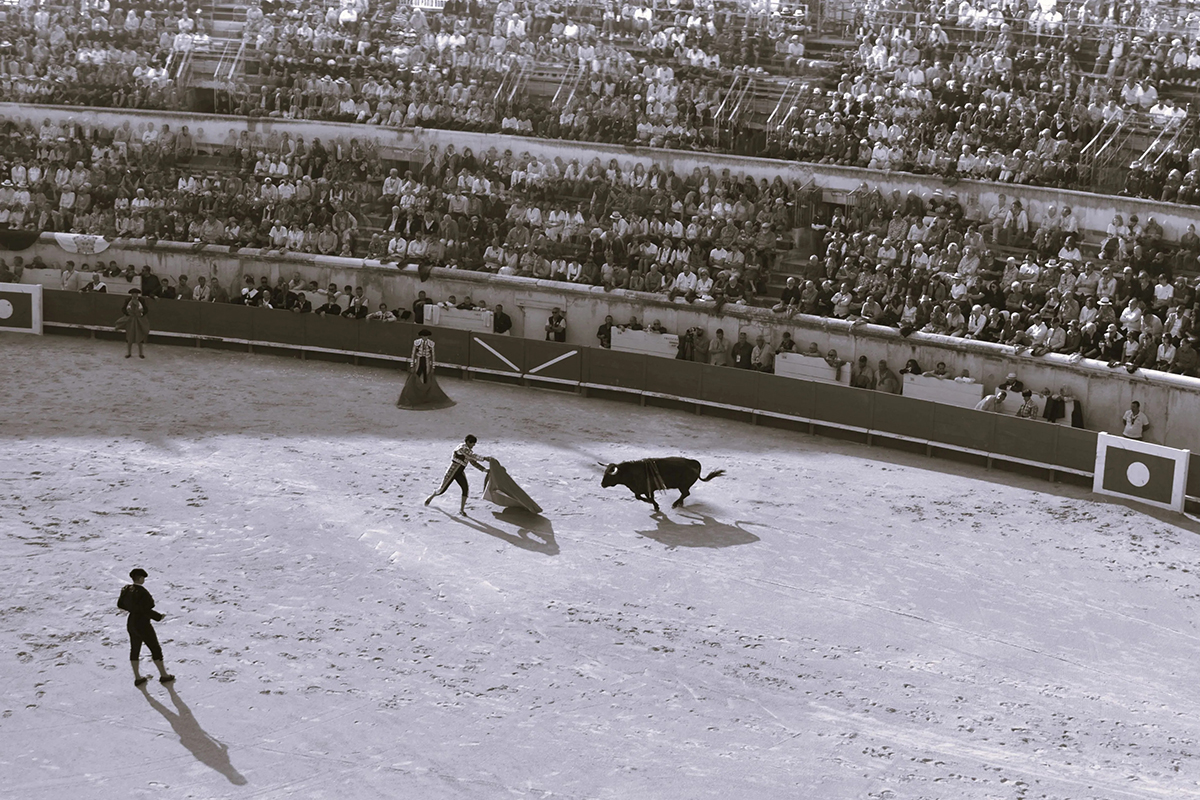On Sunday, I reached the summit of the col de Riou in the Pyrénées to find a shepherd tending his flock. He asked if I’d seen a bear on my way up through the forest. One of his sheep was missing and he suspected a bear was responsible. I’d seen no sign of one but that got us talking, and I asked what he thought about the government repopulating the Pyrénées with bears. He shrugged and said the time for protesting was past. The bears are here to stay and that was that. One could say the same about Salafists, I reflected that evening, as I read Le Journal du Dimanche. Spread across two pages of the newspaper was an interview with Hakim El Karoui, the author of a report published last week by the Institut Montaigne entitled ‘The Fabric of Islamism’.
Two years ago the same liberal think-tank published ‘A French Islam is Possible’, in which El Karoui said that despite the Islamification of many young French Muslims (half of under 25s surveyed said they would prefer Sharia Law to Republican Law), there was still time to win the ideological war.
The latest report (a copy of which is on Emmanuel Macron’s desk) suggests that the war is being lost. In 15 years, the number of Salafists has increased by 900 per cent and the estimated 50,000 is a conservative guess. It may still represent a tiny fraction of France’s six million Muslims, but El Karoui warns that their influence grows steadily and he likens their appeal to that of communism – the dream of a utopia that will right all the wrongs of the world. ‘[Communism] was about activists, sympathisers and a local action group spreading an idea,’ explains El Karoui. ‘We have these activists, we see them on social media, and we have these people who are trying to create an alternative society.’
‘Separatism’ is the word the French use for this strategy, the establishment of a‘halal’ society where everything must be cleansed of the corruptive influence of the West. ‘French society is perceived, by this minority of French Muslims, as illicit and impure, so they want to create in parallel a different society with its own rules, norms and behaviour,’ says El Karoui.
It’s no coincidence that Salafism has surged at the same time that social media has emerged as the biggest influence in western society. Two decades ago – when Salafism first came to France from Algeria – it barely registered on the consciousness of French Muslims; now, thanks to Twitter and Facebook it has the capacity to reach into every home and into every impressionable young mind.
‘The Islamists’ ideology is progressing strongly among French Muslims,’ says El Karoui. ‘Notably the young are learning about their religion more and more on the social networks and less and less through family and at the mosques.’
Social media sites form the core of the Salafists’ soft-power strategy. They don’t advocate violence nor do they incite hate, but what they do so effectively is contrast the piety of Islam with the impiety of the West, cultivating a contempt for a society where sex, celebrity and secularism appear the be all and end all.
So when Jean-Claude Juncker promised in last week’s annual state of the union address to the European Parliament to get tough with internet platforms that don’t remove extremist videos within the hour it was empty rhetoric. It’s virtue not violence that appeals to European Muslims.
It’s not hard to see the attraction of Salafism, or even to have a grudging respect for a way of life that demands of its followers discipline, loyalty and self-control, qualities that have fallen by the wayside in parts of the West. One can draw a parallel between Salafists today and the young Britons who, in the late 19th Century, were inspired by the Muscular Christianity ethos to enlist in the Church Lads’ Brigades; they didn’t join for the Bible classes but for the glamour and the sense of identity.
When Emmanuel Macron came to power 18 months ago he said he would unveil his plan for ‘French Islam’ by the start of 2018; according to Le Journal du Dimanche it’s unlikely to see the light of day before January next year. This is an indication of the size of the challenge facing the president who, contrary to the accusations of his enemies, is neither naive or ignorant about Islamism and its spread. He is, however, helpless, as are all European leaders, a point underlined by ‘still has no answer to the Islamist ideal of the Caliphate’.
That’s probably why in recent months Macron has gone on the attack against Nationalism, warning that it is a ‘leprosy’ spreading throughout Europe; that ‘ism’ is easier to confront than Islamism and the president knows he can rely on the liberal press to take up the cudgels on his behalf. As for the Salafists, like the bears in the Pyrenees, they’re not only increasing in number but they are here to stay, and there’s little anyone can do about it.
This article was originally published on The Spectator’s UK website.

























